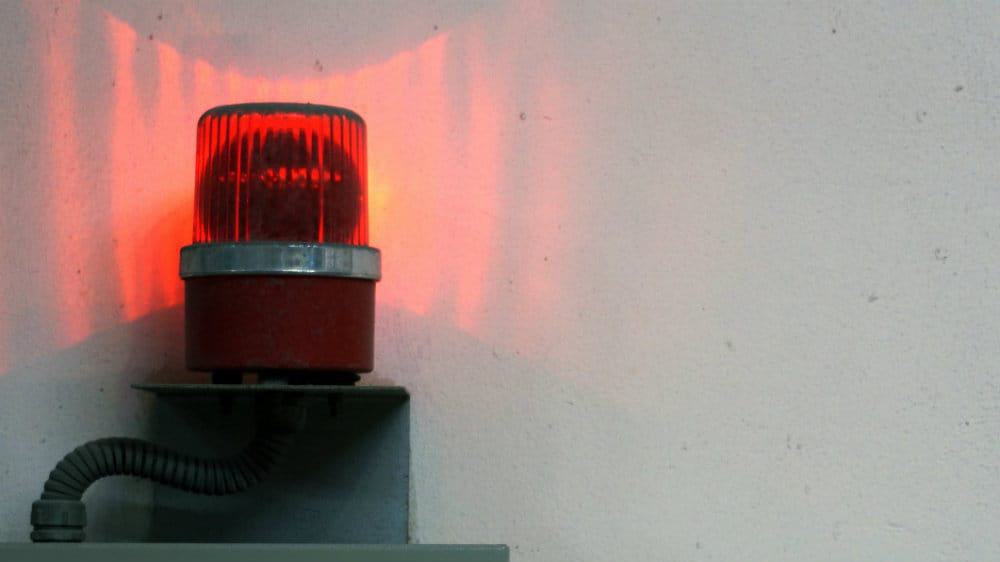Warren Buffett is a long-term thinker. He often says that his favourite holding period is “forever.”
However, he pays attention to some market signals to get a sense for how pricey stocks are. Right now, his top indicator is going crazy.
Buffett thinks this is “the best single measure of where valuations stand at any given moment.” If you own stocks, pay close attention.
Trust this signal
Buffett’s favourite market signal is a simple piece of division.
“The gauge takes the combined market capitalizations of publicly traded stocks worldwide and divides it by global gross domestic product,” explained Markets Insider. “A reading of more than 100% suggests that the global stock market is overvalued relative to the world economy.”
Why is this indicator so useful?
Buffett knows that stock market returns are ultimately a function of three things: interest rates, corporate profitability, and valuations.
The government sets interest rates, also known as the risk-free rate. This is the baseline for which all other returns are based on.
“If the government rate rises, the prices of all other investments must adjust downward, to a level that brings their expected rates of return into line. Conversely, if government interest rates fall, the move pushes the prices of all other investments upward,” Buffett said.
Corporate profitability, meanwhile, is known as the most mean-reverting trend in finance. If you’re a long-term investor, you’re not too concerned about where this will go over the short term.
However, you are concerned with valuations. After all, your returns will ultimately be a function of what you pay. This is why Buffett pays close attention to the indicator above. It provides a clear sense of where valuations are at any single point.
What is that indicator saying today?
Buffett is nervous
I have bad news: his top indicator has soared to new heights for both the U.S. and the world. The indicator last soared above the 100% mark during the dot-com bubble and just before the financial crash of 2007. Buffett later said that this indicator “should have been a very strong warning signal.”
It’s clear that the Oracle of Omaha is nervous.
At the start of the pandemic, he was the leading shareholder of four different airlines. He was a big fan of industry consolidation, something that Canadian airlines like Air Canada have taken a lead on. In March, he reiterated that he’s “not selling” airline stocks.
Apparently, things change.
Right now, Buffett owns zero airline stocks. He finally admitted that uncertainty is too rampant to remain invested. Berkshire Hathaway, his holding company, is sitting on a record pile of cash. And instead of investing in the stock market, Buffett has been returning billions to shareholders by buying back its own stock.
It’s easy to connect the dots here. Buffett’s top indicator is screaming to avoid the stock market. When we look at his actions, it’s clear that he’s taking this signal seriously.
That’s not to say that there aren’t stocks worth buying right now. But quality research is more important than ever.










